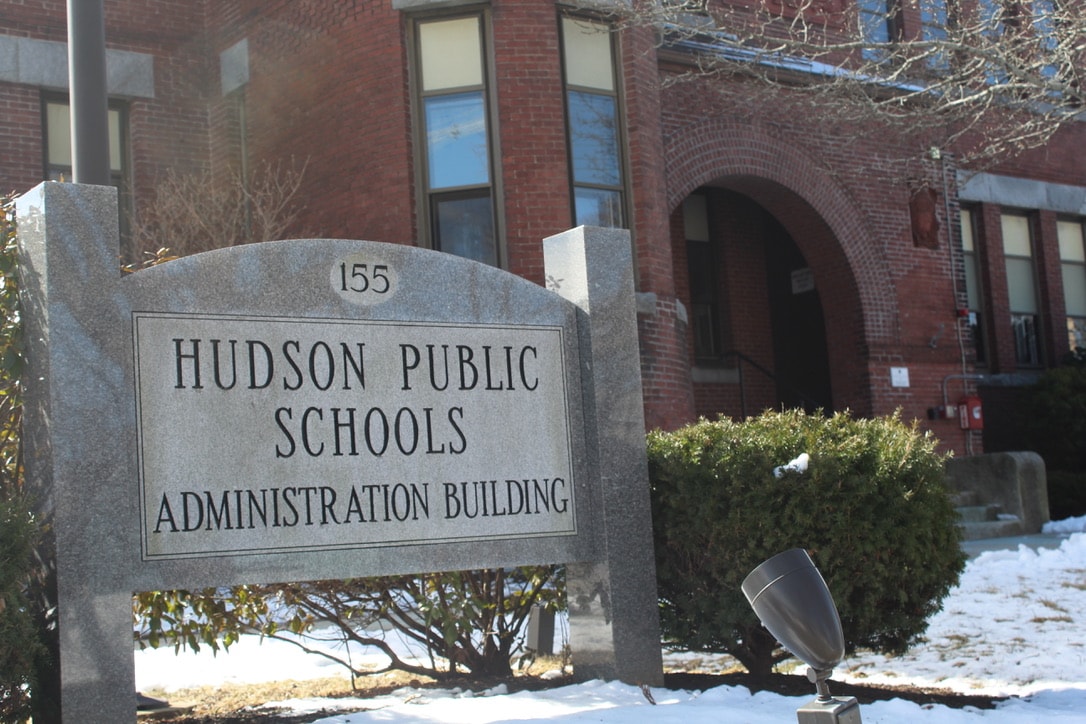
HUDSON — On Aug. 9, Gov. Maura Healey signed the $56-billion state budget for the 2024 fiscal year, which included $172 million in secured funding for universal school lunches for public school kindergarten to grade 12 students.
President and CEO of Project Bread Erin McAleer called the funding “a huge victory for everyone in Massachusetts.”
Massachusetts joins California, Colorado, Maine, Minnesota, New Mexico, Vermont and Michigan in passing laws to secure free meals.
McAleer noted that $102.5 million was added to an existing line item for school meals, and $69 million came from a new line item paid from the revenue raised through the Fair Share Tax on households that make over $1 million.
“We have been working together towards this moment for three years,” she said.
Hudson Superintendent Brian Reagan said the Hudson Public Schools team was pleased with the news of the continuation of free meals for all.
He believed that “for some this may seem like a minor issue, but an increasing number of children have come to rely on schools for breakfast and lunch.”
He added that kids cannot focus on learning “when they come to school hungry.”
With the funds secure, Reagan is happy that “we no longer have to debate the importance of providing free and healthy meals for kids.”
RELATED CONTENT: Dining Services director gives update on Free Meals for All
Since 2021, Project Bread, the Feed Kids Coalition and advocates across the Commonwealth, made the case for what is Project Bread’s “biggest legislative undertaking in our 50-plus-year history,” McAleer said.
The nationwide push for permanent funding began because the federal waivers providing free school meals during the COVID-19 pandemic were due to expire. In Massachusetts, the free meals were temporarily extended.
“Among states that did not continue free school meals, school districts saw a decrease in meal participation and skyrocketing rates of school meal debt,” McAleer said.
She noted that permanent legislation was “critical to ensure families had continued access.” In Massachusetts, there was support from more than 4,200 advocates, including faith-based organizations, reaching out to legislators.
McAleer said, “Ultimately, legislation passed with strong bipartisan support.”
Prior to 2020, she noted that Project Bread saw that the three-tier system for school meals was “broken.” She explained that while the lowest income households were eligible for free meals, there was a stigma attached.
She said without state-level legislation, the barriers for students to get free meals would return. In terms of how Hudson students were affected, 24% of children in Massachusetts experiencing food insecurity could not get free or reduced-price school meals through the federal program.
School Committee Chair Steven Smith said the program removes “any barriers for kids to get well-balanced meals.”
The benefits to students will be in the classroom as they will be active and engaged learners. “Ensuring kids eat well needs to be a priority,” he said.
RELATED CONTENT: Northborough talks extension of free school lunches
Compared to the rates before free meals, the district has seen “almost twice as many students getting breakfast at school and almost 60% of students eating school-provided lunches.”
“Some of these students would eat well even without the program in place, but the program provides a level of equity for all students to get regular access to healthy meals and reap the benefits, including in the classroom,” Smith said.
There is a financial benefit for Hudson as well, Smith said, as 10 years ago Hudson was “running a significant food services deficit,” which would take funds from other areas.
He said, “With meals being reimbursed last year, Hudson ran a food services surplus, which will continue as we move forward with the new program. The balanced meals will not only allow students to perform better, but also allow the district to keep more financial resources focused on student supports in the classroom.”












